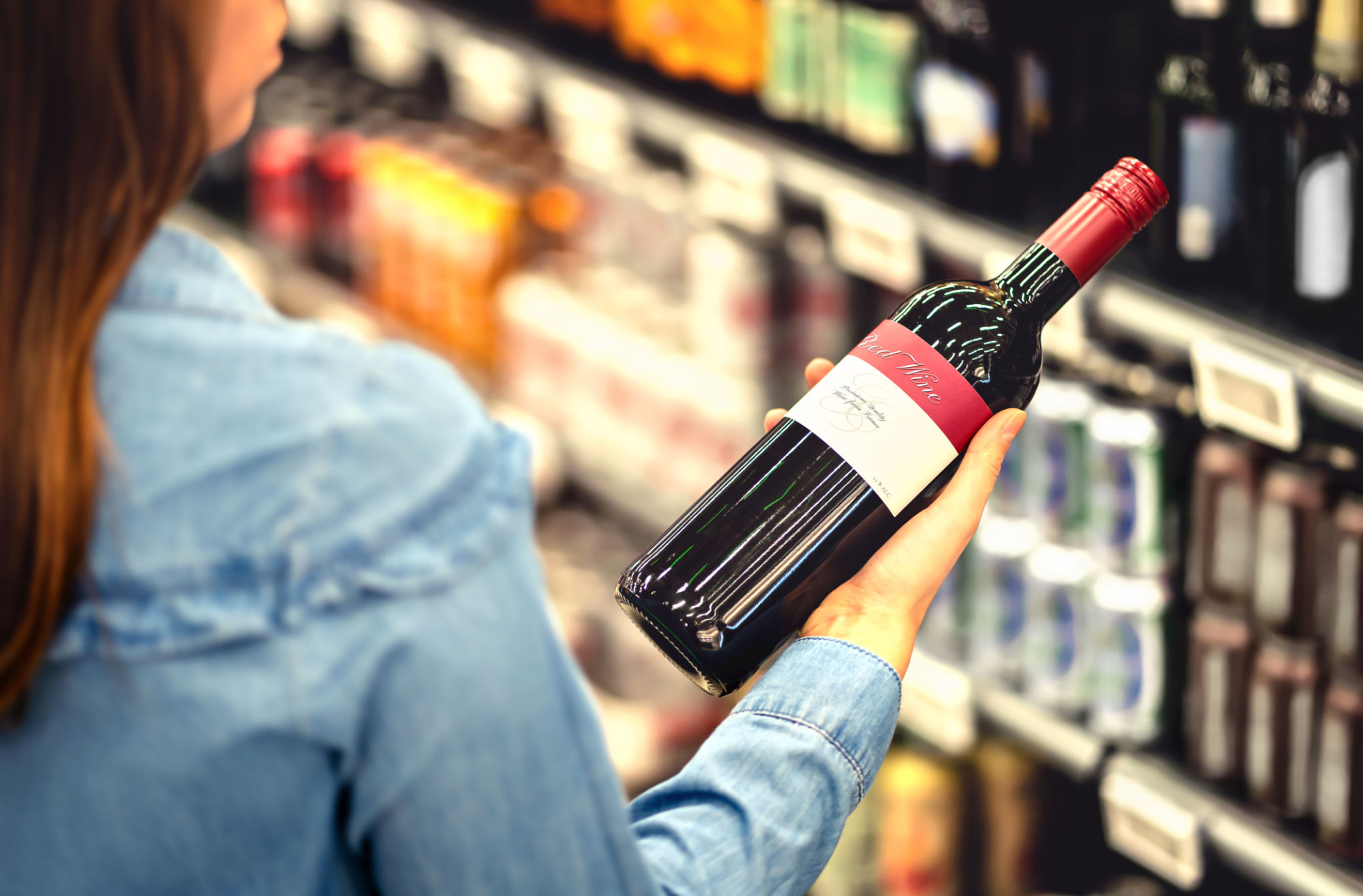Debunking Common Myths About Sustainable Wine Production
Understanding Sustainable Wine Production
Sustainable wine production is often misunderstood, with myths circulating that can cloud the true benefits and practices of this approach. As wine enthusiasts become more environmentally conscious, it's essential to clear up these misconceptions. By doing so, we can appreciate the genuine efforts behind sustainable wine-making and its positive impact on the planet.
Sustainable wine production focuses on creating wine in a way that is environmentally friendly, socially equitable, and economically viable. This holistic approach ensures that the process respects natural resources while supporting local communities and economies.

Myth 1: Sustainable Wine is Just a Marketing Gimmick
One of the most prevalent myths is that sustainable wine is merely a marketing ploy. However, this couldn't be further from the truth. Sustainable wine production involves strict adherence to practices that minimize environmental impact. These include reducing water usage, implementing renewable energy sources, and promoting biodiversity in vineyards.
Winemakers often undergo rigorous certification processes to prove their commitment to sustainability. Organizations such as the California Sustainable Winegrowing Alliance provide certifications that ensure wineries meet strict environmental and social standards.
Myth 2: Sustainable Wines Are More Expensive
Another common misconception is that sustainable wines are significantly more expensive than their conventional counterparts. While it is true that some sustainable wines may carry a higher price tag due to the certification process and investment in eco-friendly practices, many are competitively priced. The cost often reflects the quality and care put into producing a wine that respects both people and the planet.
Moreover, as more wineries adopt sustainable practices, economies of scale are helping to bring down costs, making these wines accessible to a broader audience.

Myth 3: Organic and Sustainable Wines Are the Same
It's important to distinguish between organic and sustainable wines. While both prioritize environmentally friendly practices, they are not synonymous. Organic wines focus primarily on the absence of synthetic chemicals in grape growing and production. In contrast, sustainable wine production encompasses a broader range of practices.
A sustainable winery not only considers organic farming techniques but also emphasizes water conservation, energy efficiency, and waste management. Sustainability looks at the entire lifecycle of wine production, ensuring long-term ecological balance.
Myth 4: Sustainable Practices Compromise Wine Quality
Some believe that adopting sustainable practices might compromise the quality of wine. On the contrary, many winemakers argue that sustainability enhances the quality of their wines. By focusing on soil health and biodiversity, vineyards produce grapes with richer flavors and better resilience to pests and diseases.
Sustainable winemaking often leads to better terroir expression, preserving the unique characteristics of the land in which grapes are grown. This results in wines with distinct profiles that reflect their natural origins.

The Future of Wine Production
As more consumers demand transparency and sustainability in their purchases, the wine industry is responding with innovations and commitments to sustainable practices. This shift not only benefits the environment but also aligns with a growing consumer trend towards conscientious consumption.
By debunking these myths, we can better understand sustainable wine production's role in shaping a healthier planet and a more ethical industry. Choosing sustainable wines means supporting an eco-conscious future where quality and care go hand in hand.